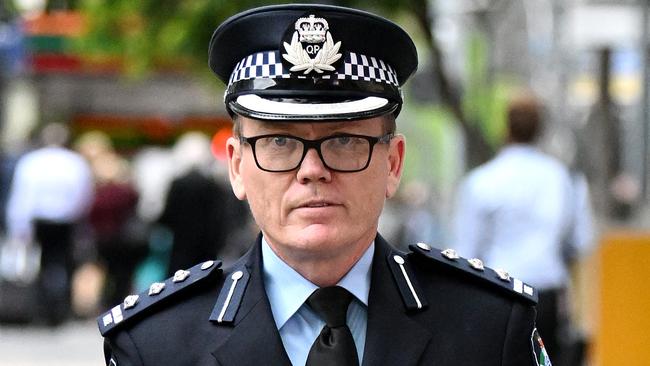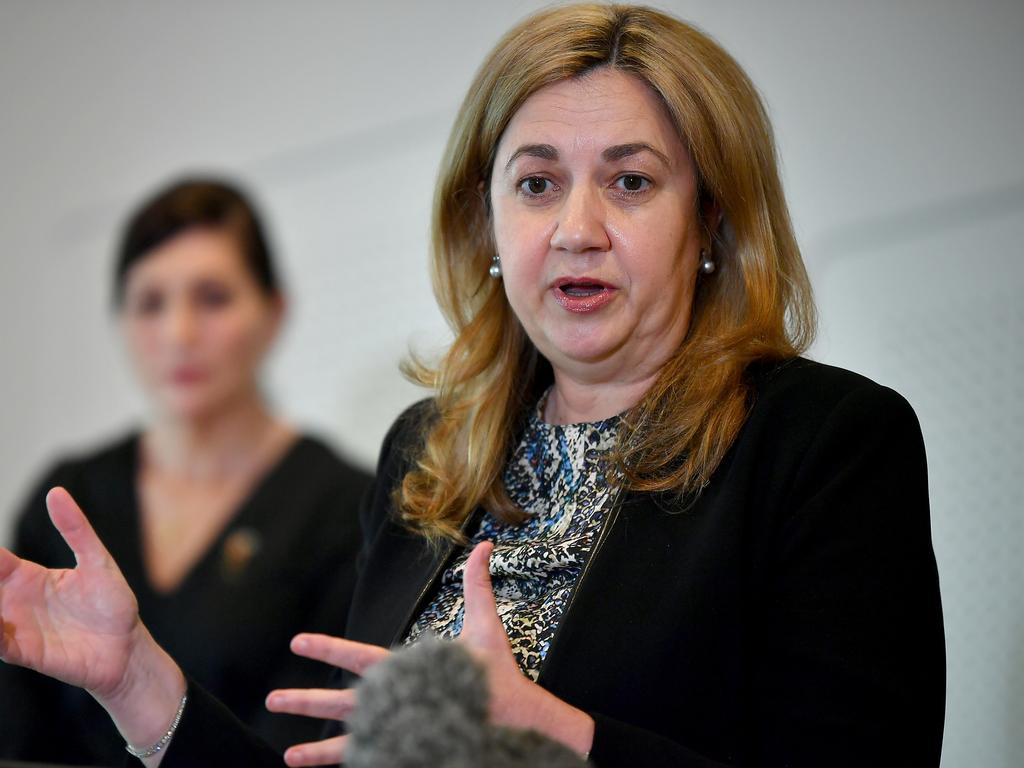Queensland DNA lab retesting paused amid procedure concerns, inquiry hears
Besieged Queensland laboratory has stopped retesting on thousands of crime scene samples at the request of worried police.

Queensland’s DNA laboratory has stopped retesting on thousands of crime scene samples that could help police solve murders and rapes over concerns evidence could be lost.
The testing pause, which could last months, began on Friday and was made at the request of police, who are concerned about new processes at the lab.
Email chains obtained by a royal commission-style inquiry reveal the continuing chaos inside the besieged laboratory.
On August 19, a new method was introduced for testing samples with low levels of DNA. Previously these sorts of samples were “shelved” by the lab.
The inquiry heard the new procedure was rushed through and set a “blanket concentration” for samples that fell below a certain threshold.
The Queensland Police Service’s DNA unit manager, David Neville, told the inquiry a blanket concentration would not suit all samples and “in essence, if you run it, you have now wasted half of the sample”.
Inspector Neville said a scientist at the lab came to him with concerns about the new automated procedure, believing scientists should apply their own judgment when concentrating samples.
“I had two other scientists contact my staff seeking permission from the QPS to concentrate to a different volume,” he said. “So I now had three scientists from the laboratory confirming it may not be appropriate to have a blanket policy. “
Inspector Neville then emailed senior staff at Queensland Health on September 20, asking for testing on samples with low levels of DNA to be paused until they could “assess the concerns about the potential risk of evidence being lost”.
Queensland Health forensics acting head Helen Gregg replied on Monday, saying the lab was “making progress” but needed more data. “This takes time. I envisage it will be months, not days or weeks, until this proposal is properly evaluated.”
On Friday all testing below the threshold was paused on the order of Queensland Health acting director-general Shaun Drummond.
The unusually high threshold for testing DNA was agreed to by the QPS but senior officers said they did not understand the science behind it, nor its significance, and relied on advice from Queensland Health.
The threshold, introduced in February 2018, was designed to save money and resources but resulted in more than 7000 crime scene samples not being tested.
Bruce Budowle, an internationally renowned DNA expert who worked as a profiler with the US Federal Bureau of Investigation for 26 years, told the inquiry the laboratory’s report did not have enough detail for police to make an informed decision.
“I would have said go back and do it again, you haven’t given me sufficient information, and detailed information, to effect a decision.”
Mr Budowle told the inquiry the paper was “very biased” and downgraded the success rate of finding useful information when testing below the threshold.
“I don’t think it was appropriate in itself,” he said.
“When I use scientific terms, I could be speaking French to you. I could be speaking Chinese to you, or whatever it may be, because you’re not used to that jargon.”
Major changes to the lab’s equipment, which would “significantly increase” workload for staff, were introduced within days of police agreeing to the testing threshold.
Counsel assisting the inquiry, Michael Hodge, suggested the higher threshold was pushed through to free up resources, given the impending workload increase.
The inquiry heard the decision to hand police an options paper was unusual and was suggested by team manager Paula Brisotto – although she told the inquiry she did not recall making the suggestion.
Ms Brisotto said it was a “possibility” the decision to push the threshold choice on to the police was made because lab management could not get necessary approval from key staff.
The inquiry heard earlier in the week that senior scientists Kylie Rika and Amanda Reeves had questioned data used to justify the threshold.
Ms Brisotto also denied the options paper was intended to convince police to agree to the threshold.
She will resume giving evidence on Tuesday.
If you think your case has been affected by the DNA lab problems, please contact shandee@theaustralian.com.au






